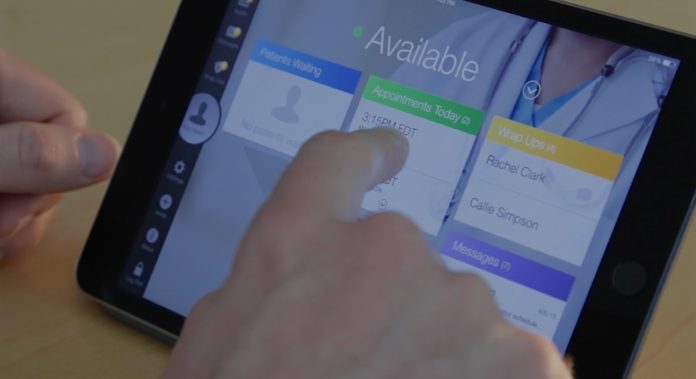
Telehealth has come to the Land Down Under.
Australia’s largest telecommunications and media company has rolled out ReadyCare, a video- and phone-based service designed to connect the nation’s 7 million residents with a general practitioner at a moment’s notice
Officials at Sydney-based Telstra are taking an interesting tack in selling the service: They’re pointing out that talking to a doctor by phone or online might actually be safer than seeing a doctor in person.
“Services like this will decrease the risk of infection because if somebody has got the flu and they’re sitting there waiting in the GP’s waiting room they’re coughing and spreading it; the same goes for hospital emergency departments,” Telstra ReadyCare chief medical officer Amandeep Hansra told Australia’s Financial Review.
“Having a structure where you can deliver care to people in their home will be really important with a whole lot of evolving viruses,” added Chris Mitchell, chairman of Telstra ReadyCare’s clinical advisory panel, invoking images of the recent swine flue and MERS crises in Asia. “It’s about doing the triaging process in a safe environment.”
A joint venture between Telstra and Medgate, a Swiss telemedicine provider and one of the largest in Europe, ReadyCare has an established network of more than 20 doctors, and promises at least four available at all times through a 1-800 number or an app. Callers are first screened by an assistant to determine if a telehealth visit is appropriate, then booked for a return call by a GP.
The service does allow GPs to issue prescriptions, and callers can upload images of their health condition.
The service isn’t cheap. ReadyCare is charging roughly $76 per consultation, and it isn’t covered under the country’s Medicare program. Shane Solomon, managing director of Telstra’s health business, said the company is working with existing GPs rather than creating its own pool of doctors in hopes of getting support from Medicare.
“It’s partly about (decreasing) risk but it’s also about trying to disrupt the system from the inside without ticking everybody off,” he told the Financial Review.
The service has received lukewarm support from the Royal Australian College of General Practitioners. RACGP Vice President Morton Rawlin told the Sydney Herald Sun the service could help Australians travelling abroad or in remote areas of the country to get emergency care, but there are concerns that it would fragment care and keep a patient’s normal GP out of the loop.
Solomon said ReadyCare’s goal is to support Australian GP’s in using telemedicine to treat their own patients, rather become an Uber-like service that allows GPS to treat whoever comes online.
“We’re trying to provide quality, safety, efficiency, and consumer value. But our vision is that what we’re doing here will be the norm for Australian healthcare,” he told ZDNet. “We want to partner with GPs in their normal everyday practice, and give them the platform … which will have a telemedicine component, and this is proof that it can be done.”
“Our aim is not to displace normal GPs. In fact, our system is set up to send messages to a person’s normal GP, provided they approve of that,” he added. “In our world, we believe that GPs will eventually do some of their practice with regular patients they know through telemedicine.”
ReadyCare’s first business client is the Cover-More Group, a travel insurance provider. Company CEO Peter Edwards said the partnership will enable Australians travelling abroad to connect with an Australian GP no matter where they are.
Source: mhealthNews
